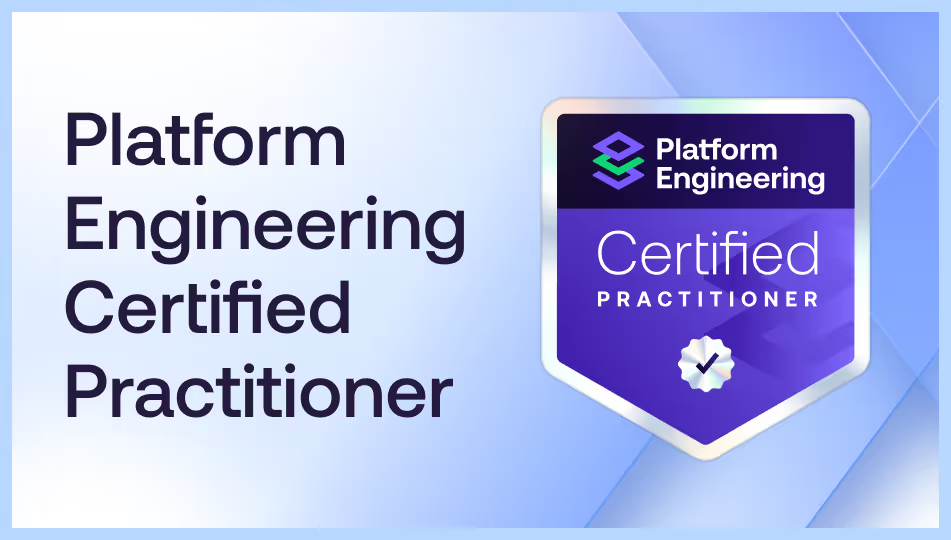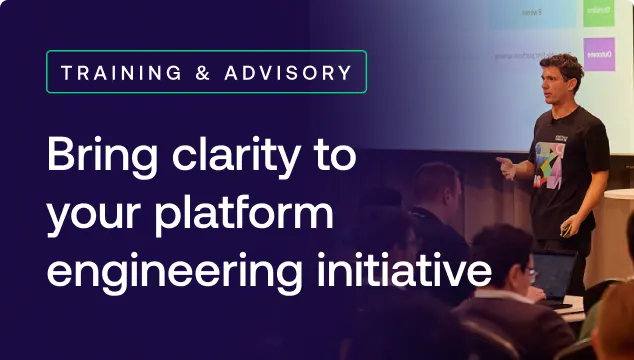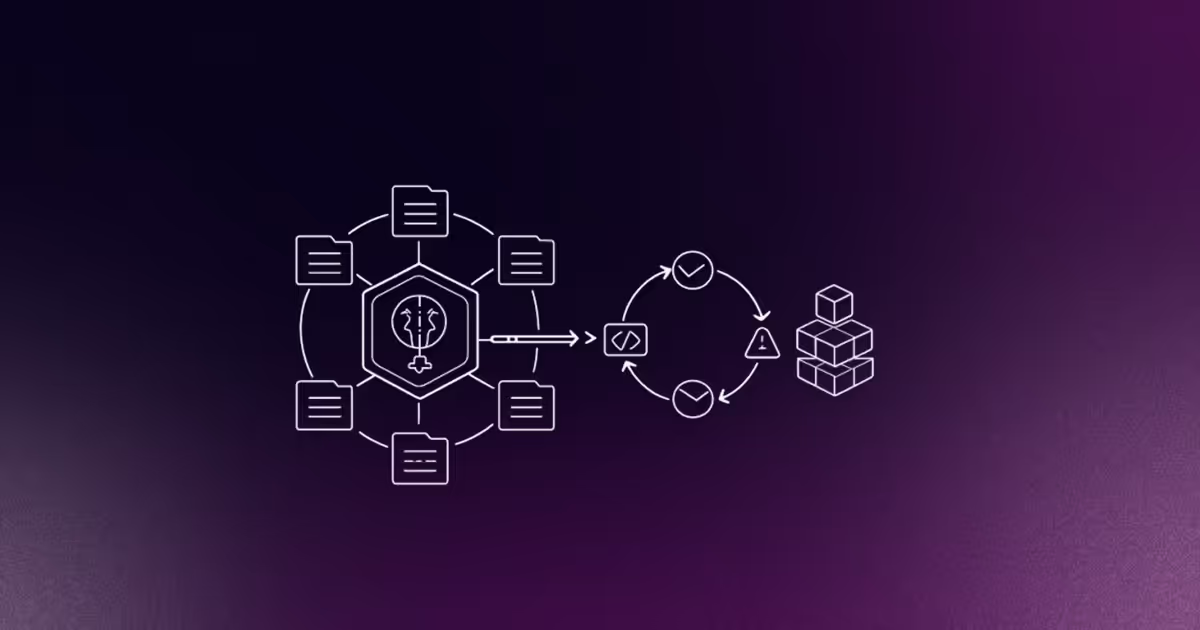An increasing number of infrastructure teams, particularly in large enterprises, are facing mounting pressure, pushing many engineering organizations to the edge of operational collapse. Many of these teams were tasked with modernization and cloud migration initiatives years ago, and yet these initiatives often stall or even die halfway.
Now, they must manage both on-premises and cloud setups simultaneously while also competing with cloud vendors' consoles, which promise to enable developer self-service. However, true developer self-service cannot be achieved through these consoles alone, leaving infrastructure teams stuck handling an ever-growing influx of developer requests and support tickets.

Developers express frustration over long wait times and the cognitive load of navigating increasingly complex cloud-native toolchains. As time to market increases, executives often point fingers at infrastructure teams, labeling them as the bottleneck.
This scenario likely feels all too familiar. But here is the interesting part: Platform engineering has promised to solve many of these problems, by offering true developer self-service at scale (not just by adding a UI layer over existing infrastructure) while at the same time reducing the pressure on infrastructure teams.
Yet despite this, many of the infrastructure teams we talk to don’t see platform engineering as the answer to their challenges. Why is that?
Because they often associate it with developer experience (DevEx), which they feel isn’t really their responsibility. After all, as an infrastructure team, their primary focus is on managing infrastructure and ensuring service delivery. So why should they be concerned?
For a few simple reasons. By offering an Internal Developer Platform (IDP), you eliminate developers' wait times and stop the flood of ticket ops. This allows you to focus on more valuable (and more enjoyable tasks), like provisioning new resources and infrastructure, rather than repeatedly setting up the same Postgres database. You should care because, in the eyes of management, you shift from being seen as part of the problem (a bottleneck) to becoming part of the solution.
What is Infrastructure Platform Engineering?
Platform engineering involves integrating the various technologies and tools within your enterprise into cohesive "golden paths" that empower developer self-service while reducing the cognitive load on individual contributors. Gartner defines infrastructure platform engineering as “the discipline of building internal software products [IDPs] that present IT infrastructure to users or other platforms in an easily consumable way.”
We strongly believe, that if you want a platform engineering initiative to succeed, it's essential to establish clear communication between your platform team and existing infrastructure teams. It’s crucial to break through the myth that platform engineering is solely focused on DevEx. The infrastructure aspect is just as critical as the application side or the developer interface. Infrastructure platform engineers are a vital part of the platform team and play a key role in ensuring the success of the platform.

Platform engineering teams have a significant opportunity to create a unified experience for developers, regardless of whether they are consuming resources from a cloud provider, an infrastructure team, or both. At the same time, an enterprise-grade IDP, meaning an IDP that is fully fledged and includes a Platform Orchestrator at its heart, will naturally standardize resource consumption, enhancing efficiency, security, and compliance across internal and external providers.
This approach is a massive potential unlock not only for developers but also for infrastructure teams. IDPs powered by Platform Orchestrators bring a level of standardization and automation that can greatly improve the day-to-day experience for infrastructure teams, making their work more efficient and enjoyable.
Assume, for example, you need to upgrade Postgres from version 16.3 to version 16.4, and you need to it across all your application developer teams. Without an IDP, you have to go to each team, figure out which instance they are running, and then map it all out. You’d then have to go back and upgrade, usually together with the individual teams, unique instances.


With a well-designed IDP (that uses a platform orchestrator as the backend), you can simply update a single file (the resource definition), and the next time any team deploys their workloads, the updated version of a Resource Graph will be created and applied. This streamlines the entire upgrade process.
This approach drives standardization by design across all teams and workflows, massively reducing ticket ops and allowing you to focus on higher-value work.
Conclusion
Platform engineering and platform orchestrators offer a unique opportunity for engineering organizations to enhance their operations and streamline how developers interact with infrastructure, ultimately boosting efficiency and reducing time to market (TTM).
However, a platform engineering initiative can only succeed with close collaboration from existing infrastructure teams, who will, in turn, reap significant benefits from increased standardization and automation - and from getting rid of ticket ops!
Infrastructure platform engineers will become increasingly vital to the success of your IDP rollout and the overall performance of your organization. If you're interested in learning more, join us at PlatformCon 2025 in June. It's free, and infrastructure platform engineering will be one of the key trends focused on this year.













